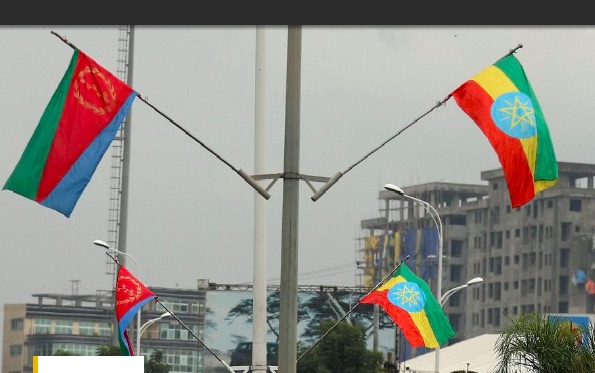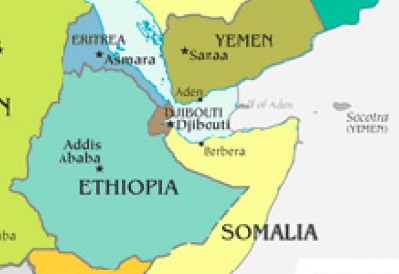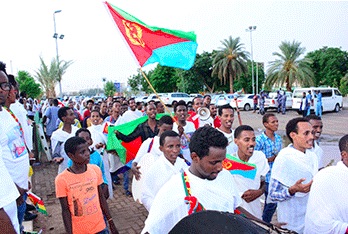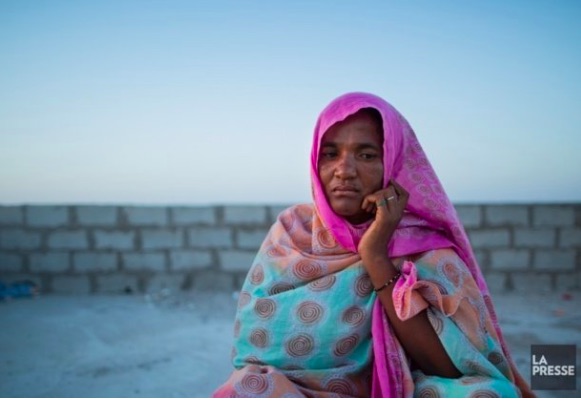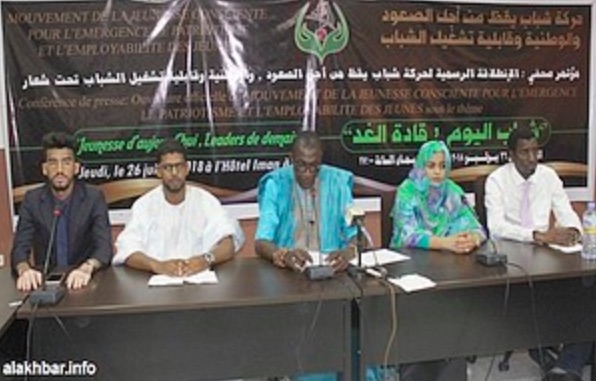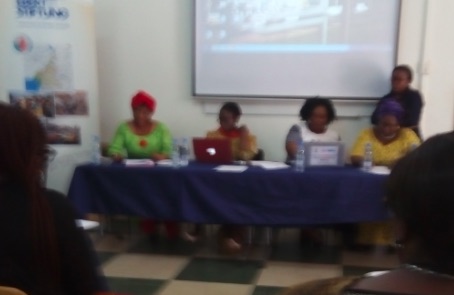. . SUSTAINABLE DEVELOPMENT . .
An article from Independent Online (© Independent On-line 2018, All rights reserved, Reprinted with no commercial purpose)
South Africa has joined more than 50 African states in signing the African Continental Free Trade Area (AfCTFA) agreement, which is aimed at facilitating a single market for goods and services on the continent.
President Cyril Ramaphosa signed the agreement during the official opening of the 31st Ordinary Session of the Assembly of African Union (AU) Heads of State and Government in Nouakchott, capital of the Islamic Republic of Mauritania.
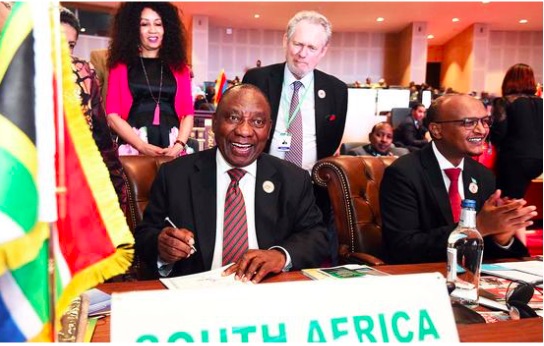
President Cyril Ramaphosa signs the Africa Continental Free Trade Area agreement in Nouakchott
The Presidency said the Africa Continental Free Trade Area and Peace and Security was introduced by the former chairperson of the African Union Commission, Dr Nkosazana Dlamini Zuma, at the AU Summit held in Sandton in June 2015.
“It included issues related to the Union’s self-financing, the streamlining of the organisation’s summits and working methods. These efforts precipitated the current discussions on the African Union’s Institutional Reforms.
“The July 2016 Assembly of the African Union in Kigali subsequently mandated President Paul Kagame of Rwanda to prepare a study on the institutional reform of the African Union, with a view of putting in place a system of governance capable of addressing the challenges facing the Union,’’ said the Presidency.
In his speech on institutional reforms of the African Union yesterday, Kagame said: “The Continental Free Trade Agreement, championed by President Mahamadou Issoufou of Niger, is among the most historic achievements of the African Union.
“Forty-four countries signed in Kigali, while four more are signing in Nouakchott. It is going to become a reality before much longer.
“This drive emerges from the same logic that led to the institutional reform. In a deeper sense, an African Union capable of delivering a functional free-trade area is actually the end point of the reform.
(continued in right column)
Question related to this article:
Can the African Union help bring a culture of peace to Africa?
(continued from left column)
“Our partners welcomed the Continental Free Trade Area, in part because they doubted it would ever be implemented. Our track record provided ample evidence for that.
“As that perception increasingly proves to be outdated, interests will be recalculated. This is where the reform’s emphasis of speaking with one voice as a continent will emerge as perhaps the most important provision of all.”
The agreement has been welcomed in the country, with experts saying that it will benefit the continent and enhance intra-african trade.
Chairman of the South African chapter of the BRICS Business Council Dr Iqbal Survé said the agreement would open opportunities for African entrepreneurs.
“I think this is a good move for the country. Intra-African trade at the moment sits at approximately 10%, whereas intra-European and Intra-North American trade sits at 30% to 40% within those continents.
“I think we should increase intra-African trade to 30% over the next decade. It will be good for the continent, its countries, job creation and its development,” said Survé.
He said the agreement would reduce tariffs and benefit entrepreneurs, including medium to small businesses, “because they’re the ones who often find tariffs difficult to overcome because it is very costly. It will be an opportunity for entrepreneurs from African countries to start working together with each other in a trade tariff free environment”.
“By accepting that the best way to go forward is to have an intercontinental agreement, I think that is the strongest point being achieved. It will take many years to translate this new policy into effective continental trade.
“The most important thing now is that we have reached an agreement between the majority of African countries to achieve this,” said Survé.
The agreement will cover a market of 1.2 billion people and a gross domestic product (GDP) of $2.5 trillion, across all 55 member states of the African Union. It will be the world’s largest free-trade area since the formation of the World Trade Organisation.
The Cape Chamber of Commerce has also welcomed the agreement, saying that it would promote trade with African countries.
Janine Myburgh, president of the Cape Chamber of Commerce, said: “The African move came at a time when there was an increasing risk of a full-scale trade war, largely triggered by US President Donald Trump imposing heavy duties on imported products.”
